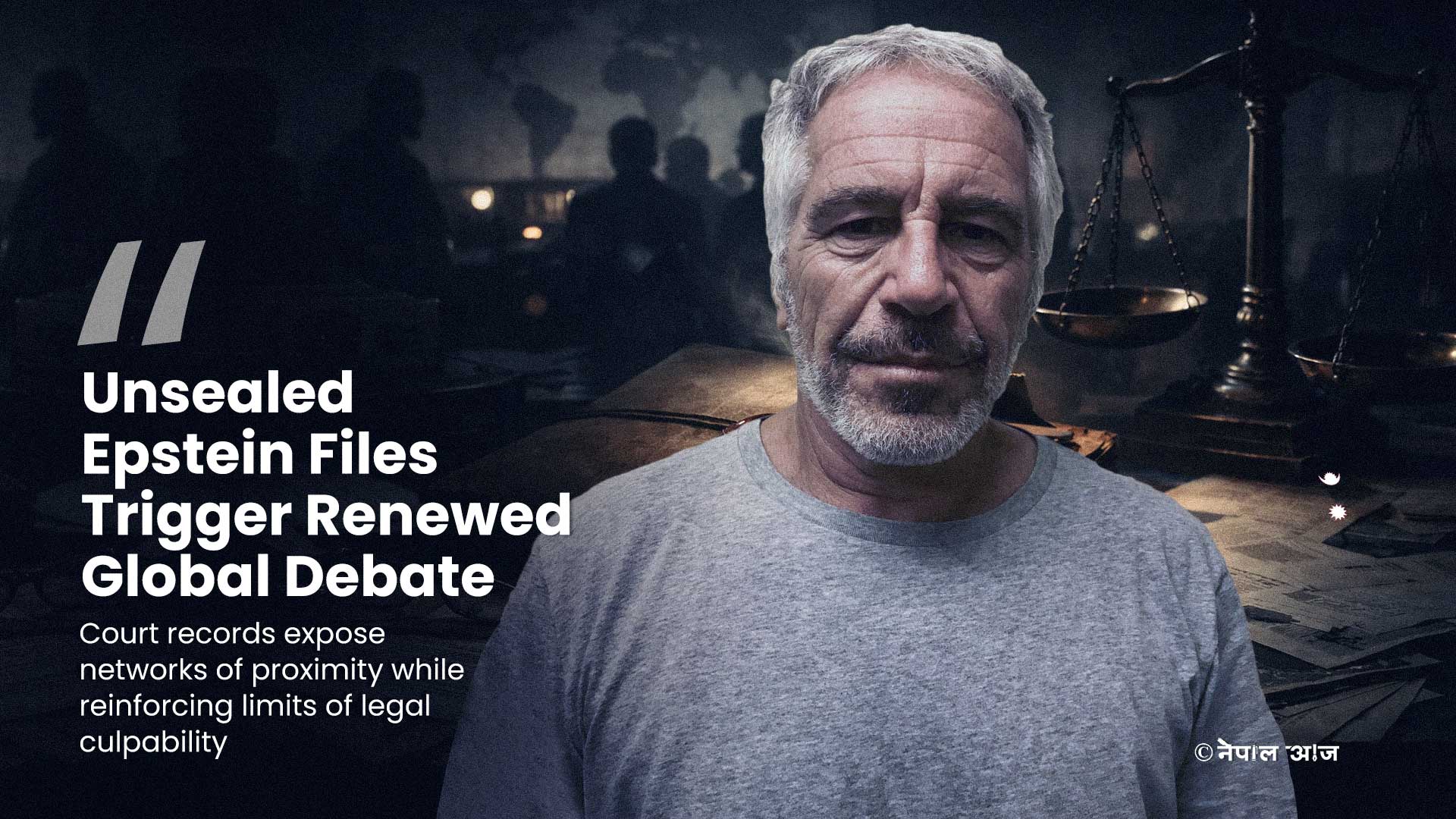Oli Began Saying ‘No Time to Spare,’ Spoke Three Hours, Style Unchanged
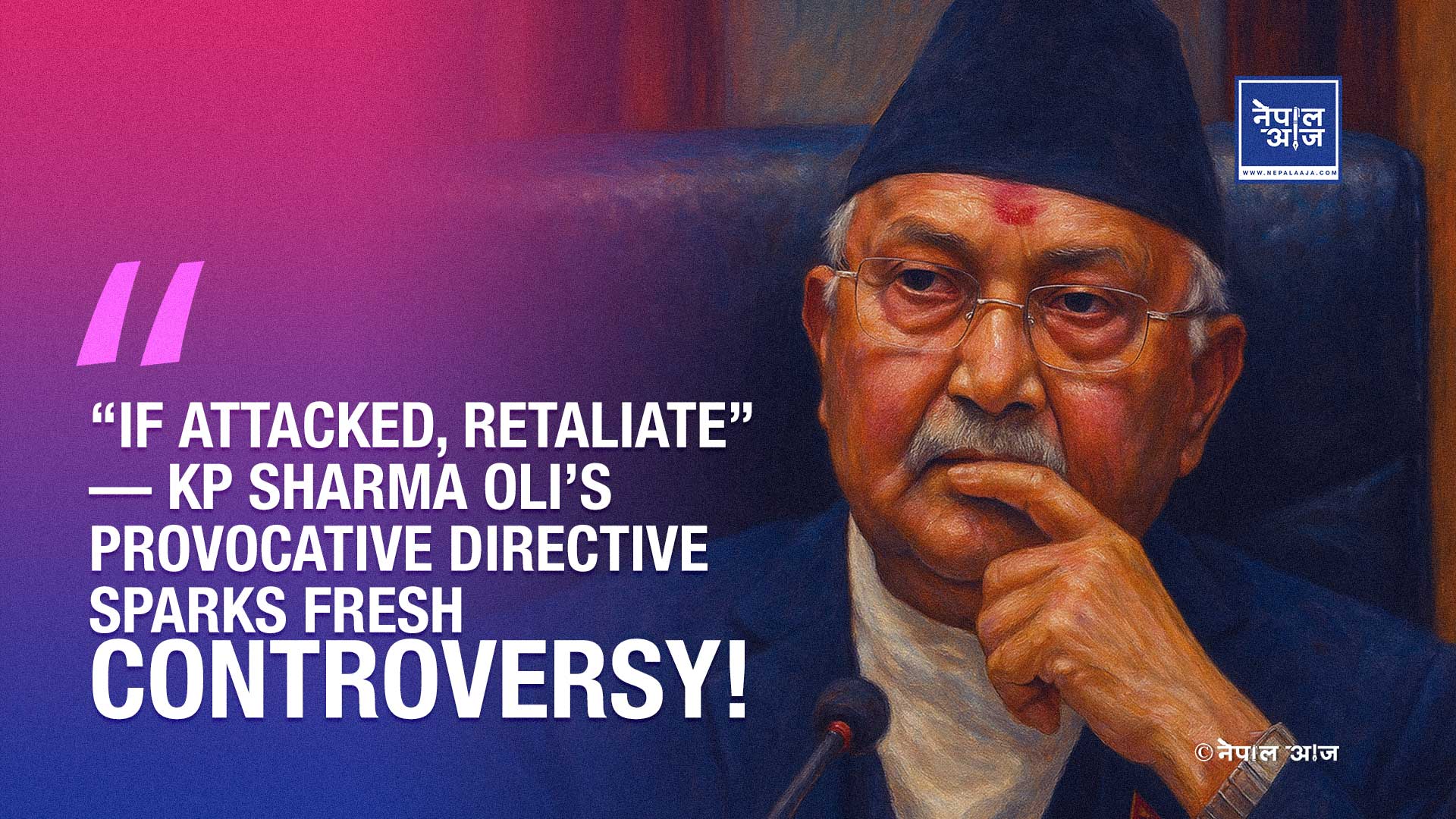
by Madhav Guragain
It was the end of 2015. Nepal had just adopted a new constitution — a historic turning point that ended nearly seven decades of political transition. At the time, Nepali Congress President Sushil Koirala was serving as Prime Minister, and CPN-UML Chairman KP Sharma Oli was widely recognized as the “waiting prime minister.” As power-sharing negotiations unfolded, the political tide was gradually shifting in Oli’s favor.
In that context, a seemingly small but memorable incident stands out. A friend working in the intelligence department suggested, “Let’s go congratulate KP Ba — he’s going to be the next prime minister.” Oli’s role in the constitution’s drafting process had been significant, and public perception of his leadership was rising. Following that impulse, we went to his residence in Balkot.
The hall was crowded — student leaders, representatives from the Madhes region, and party activists filled the room. Some had come to offer congratulations, others to voice grievances. A few even presented him with a framed portrait as a token of respect. Entering the hall, Oli smiled and said,
“I don’t have much time, let’s keep it short.”
But the meeting was anything but short. He spent nearly three hours talking, listening, and engaging with participants. Among the attendees, some Madhesi party members raised a concern — during the protests, several UML supporters’ homes in the southern plains had been set on fire.
Upon hearing this, Oli’s tone shifted sharply. He said —
“A UML cadre is not someone who endures injustice silently. If attacked, retaliate. We’ll look at laws and procedures later. The country must know UML still exists.”
That moment revealed something essential — Oli was not merely a policy-oriented leader; he believed in confrontation and reaction. His words ignited his supporters, but they also reflected a deeper mindset within Nepal’s political culture — a reliance on retaliation over restraint.
A decade has passed since then. Times have changed, yet the tone remains familiar. Recently, in Kathmandu, Oli once again delivered an aggressive statement:
“Democracy has been hijacked, the constitution violated. Even without approval, the streets are ours.”
In 2015, Oli was part of the leadership that gave Nepal its new constitution. Today, he accuses others of violating that very document while preparing for street protests. This is not irony; it is a portrait of Nepal’s enduring political culture — one where systems appear sacred in power, but dispensable in opposition.
Language defines leadership. Though a decade separates those two statements, Oli’s message remains consistent — struggle, resistance, and the pursuit of power. This continuity shows that Nepal’s political leadership often exchanges roles, not principles.
But a critical question emerges: if the true foundation of democracy lies in “law and institutional process,” how democratic is the tradition of seeking power by defying both? When parties replace courts with streets and speeches with verdicts, it is not institutions but individuals who rule.
Oli’s political journey is a vital chapter in Nepal’s modern history — he rose through struggle, charisma, and conviction. Yet when conviction begins to outweigh the rule of law, it crosses democracy’s fragile threshold.
There is a saying — “A dying flame burns brightest.”
But between burning bright and burning down lies only a thin line. It is time Nepal’s leaders understood that line — for law, restraint, and institutional discipline remain the only enduring pillars of stability.
Madhav Guragain
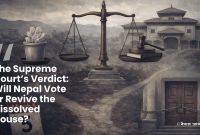
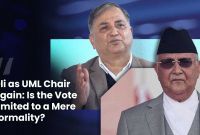
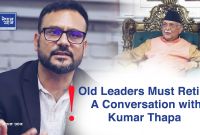
![From Kathmandu to the World: How Excel Students Are Winning Big [Admission Open]](https://www.nepalaaja.com/img/70194/medium/excel-college-info-eng-nep-2342.jpg)


